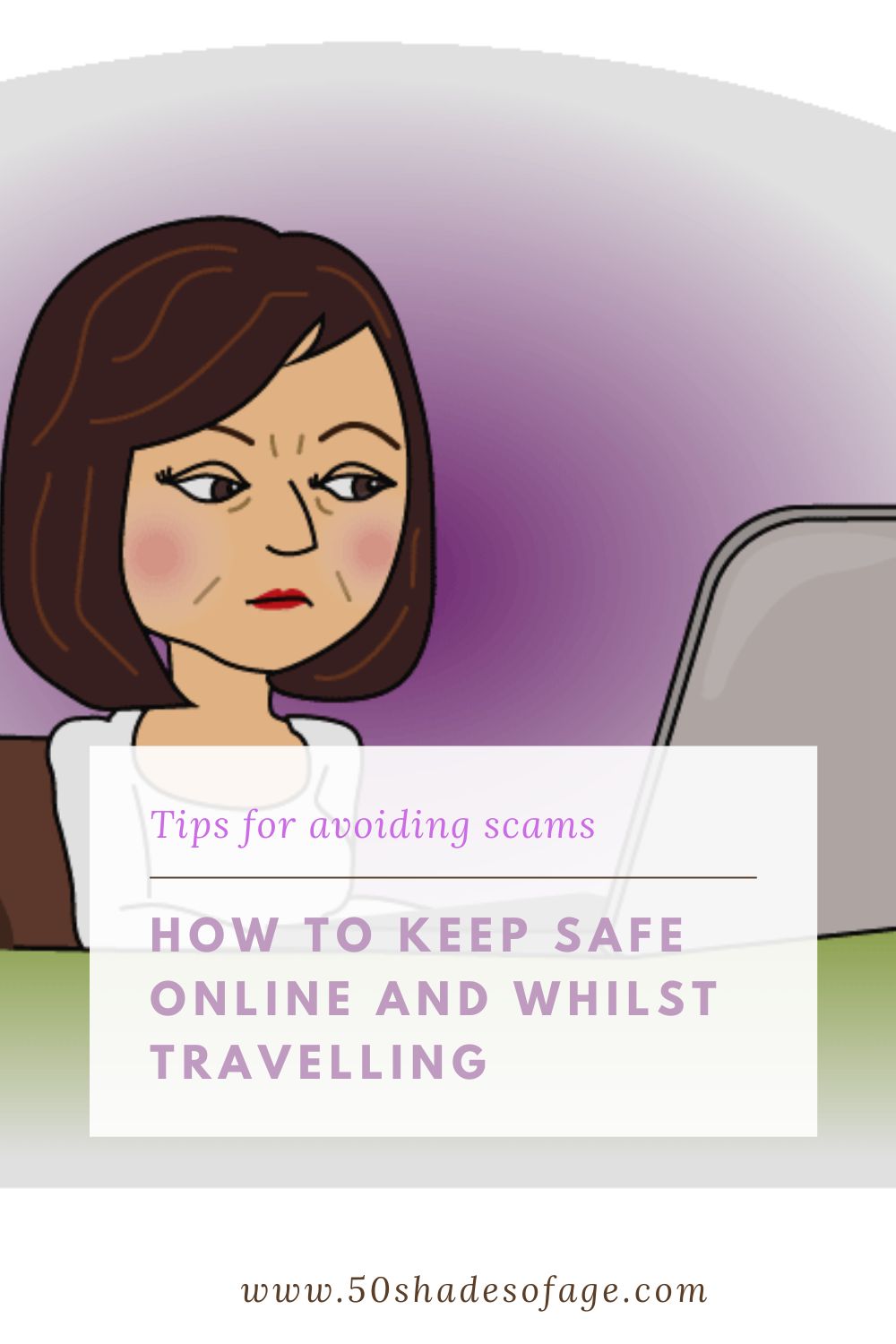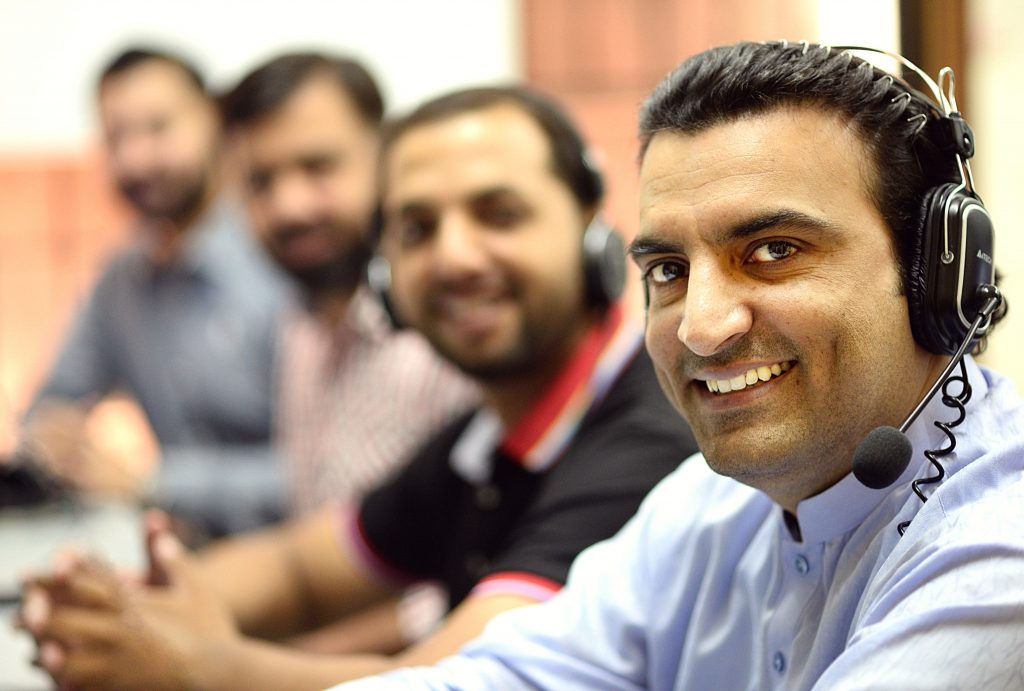
Over the past few years during the Covid-19 pandemic the amount of people online has increased dramatically. This has been one of the reasons for the escalation of online scams and what is called phishing. This is the fraudulent practice of sending emails or texts purporting to be from reputable companies in order to induce individuals to reveal personal information, such as passwords and credit card numbers. So as a safeguard for myself and others, I’ve done some research on how to keep safe online and whilst travelling.
I have noticed that I’m increasingly getting calls on my mobile phone from unknown numbers and overseas numbers. Many are missed call scams that work by making a very short call to your mobile phone before hanging up. The idea is for you to call back the missed number so that the scammers can charge you at a premium rate.
I am also receiving text messages about parcel deliveries, Australian Customs, Amazon, and the Australian Taxation Office asking me to click on a link or provide personal information.
My email account has been bombarded lately with invoices from Computer Anti-Virus companies like Geek Squad, McAfee or Norton, demanding renewal and payment. This is despite the fact that I don’t use this software.

There are also technical support scams that involve a telephone cold-call, a browser pop-up window on your computer, or a paid search result on search engines like Google. This scam endeavours to trick people into thinking that there is malware or a virus on their computer. They often coerce you into installing a remote access program that lets them control your computer, where they can access all types of personal data, your passwords and more.
Online shopping scams are fake websites that offer “too good to be true” bargains. They are created with the aim of taking your money without delivering the goods. Whilst others use your personal information for identify fraud.
Then probably one of the lowest of low scams, is the love scam, where single people get entrapped into believing a person they have met online is “the love of their life”. They are wooed, given numerous compliments and “love bombed” for weeks or months, before the predator eventually invents some scam to try to extort money from the victim.
Every day someone is coming up with new ways to try to scam us online, and although we’re all trying to fight them off, it is becoming a huge problem.

Now more than ever, we need to be aware of the signs of phishing and scamming. Here’s the top seven warning signs to look out for:

These are my top tips for keeping safe online:

Be very careful with who you meet up with online these days. There appears to be predators everywhere saying they are looking for love. Within the past 12 months I have been approached on the Words With Friends game, received sleazy messages on Whatsapp, Viber, Google Hangouts, Messenger and Instagram. I have even had a horrid experience with a stalker that befriended me on Instagram who made threats towards me! So be very wary of these types of people.
If a person contacts you via one of these messaging apps look for obvious signs like being overly friendly, having poor english and grammar, giving numerous compliments, love bombing, continually messaging you and proclaiming their love for you after a short period of time.
All these things mean that the predator is priming you for a request for gift cards or money. Generally they will make up an elaborate story as to why they urgently need the money. They will really try to tear at your heartstrings!
Never send a person unknown to you any information or photos that they could then use to blackmail you with. Of course scammers will use every possible angle to try to get your private information so that they can use it against you at some point in time.
If you become involved in an online relationship use your common sense and if you are suspicious of them you can always do a reverse image search on Google or Social Catfish to make sure they are who they say they are. Generally if the person says they can’t talk to you or video call you, because of where they are working, it means they have a fake identity.
If you do suspect someone is a love scammer, block and report them on the messaging app and cease all contact with them. If you have been scammed or blackmailed then you can also report them to the Australian Cyber Security Centre in Australia or to the Federal Trade Commission (FTC) in USA.

As well as online safety it is even more important to keep safe whilst travelling. My husband had his credit skimmed when we were visiting New York a few years ago. Plus we heard about travellers having money and personal belongings pick-pocketed from them in Italy when we were holidaying there. You need to be alert at all times and take these precautions whilst travelling:

Sadly, the world has changed dramatically in this digital age. More and more we are conducting our lives and our businesses online. Which means there are more opportunities for scammers to try to extort information and money from innocent victims. We need to be even more cautious than ever. Please keep safe everyone!
Kathy was a 50 something year old when she started up this blog 6 years ago, but has since turned over another decade and is now in her early 60s. She is married with two adult children and lives on the Tweed Coast of New South Wales, Australia. Kathy enjoys living life to the fullest and loves to keep fit and active by maintaining a healthy diet and exercising regularly. Some of her interests include reading, photography, travelling, cooking and blogging! Kathy works part-time as a freelance writer but her real passion is travelling and photographing brilliant destinations both within Australia and overseas and writing about it.

